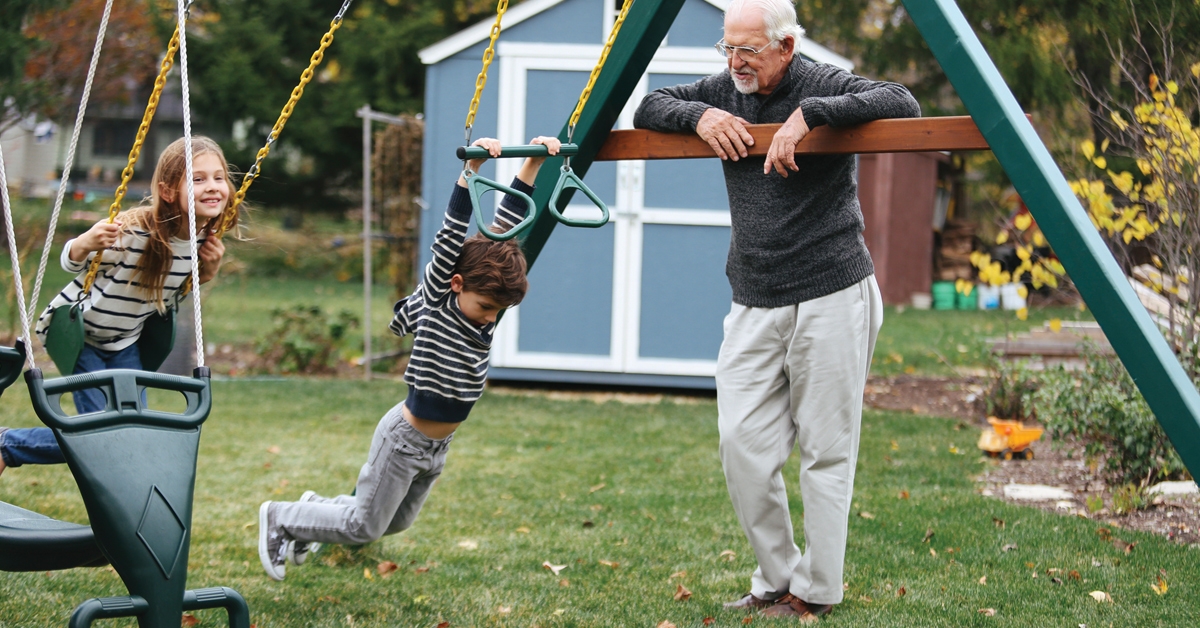June is Alzheimer’s & Brain Awareness Month, and the Alzheimer’s Association® urges individuals throughout Montana to get involved and raise awareness about Alzheimer’s disease and other dementias.
The impact of this devastating disease is profoundly felt throughout the state. Currently in Montana, 20,000 people are living with Alzheimer’s with an estimated 5.7 million across the country.
Everyone who has a brain is at risk to develop Alzheimer’s, a disease that is often misunderstood.
Did you know?
Alzheimer’s is fatal. It kills more than breast and prostate cancer combined.
Alzheimer’s is not normal aging. It’s a progressive brain disease without any cure.
Alzheimer’s is more than memory loss. It appears through a variety of signs and symptoms.
During the month of June, the Alzheimer’s Association asks you to learn more about the warning signs of Alzheimer’s, share your story, and participate in The Longest Day®, a time to raise funds to fuel the care, support, and research efforts of the Alzheimer’s Association. The Longest Day takes places annually on the summer solstice on June 21. Details are available at act.alz.org or by calling 800.272.3900.
10 Ways to Love your Brain
Research is still evolving, but evidence is strong that people can reduce their risk of cognitive decline by making key lifestyle changes. Based on this research, the Alzheimer’s Association offers 10 Ways to Love Your Brain, a collection of tips that can reduce the risk of cognitive decline. When possible, combine these habits to achieve maximum benefit for the brain and body:
Break a sweat: Engage in regular cardiovascular exercise that elevates your heart rate and increases blood flow to the brain and body. Several studies have found an association between physical activity and reduced risk of cognitive decline.
Hit the books: Formal education in any stage of life will help reduce your risk of cognitive decline and dementia. For example, take a class at a local college, community center, or online.
Butt out: Evidence shows that smoking increases risk of cognitive decline. Quitting smoking can reduce that risk to levels comparable to those who have not smoked.
Follow your heart: Evidence shows that risk factors for cardiovascular disease and stroke—obesity, high blood pressure and diabetes—negatively impact your cognitive health. Take care of your heart, and your brain just might follow.
Heads up: Brain injury can raise risk of cognitive decline and dementia. Wear a seat belt, use a helmet when playing contact sports or riding a bike, and take steps to prevent falls.
Fuel up right: Eat a healthy and balanced diet that is lower in fat and higher in vegetables and fruit to help reduce the risk of cognitive decline. Although research on diet and cognitive function is limited, certain diets, including Mediterranean and Mediterranean-DASH (Dietary Approaches to Stop Hypertension), may contribute to risk reduction.
Catch some ZZZ’s: Not getting enough sleep due to conditions like insomnia or sleep apnea may result in problems with memory and thinking.
Take care of your mental health: Some studies link a history of depression with increased risk of cognitive decline, so seek medical treatment if you have symptoms of depression, anxiety, or other mental health concerns. Also, try to manage stress.
Stump yourself: Challenge and activate your mind. Build a piece of furniture. Complete a jigsaw puzzle. Do something artistic. Play games, such as bridge, that make you think strategically. Challenging your mind may have short- and long-term benefits for your brain.
Buddy up: Staying socially engaged may support brain health. Pursue social activities that are meaningful to you. Find ways to be part of your local community—if you love animals, consider volunteering at a local shelter. If you enjoy singing, join a local choir or help at an after-school program. Or, just share activities with friends and family.
It’s never too late or too early to start thinking about your brain’s health—making healthy choices at any age is beneficial. Visit alz.org/10ways to learn more.
About the Alzheimer’s Association
The Alzheimer’s Association is the leading voluntary health organization in Alzheimer’s care, support and research. Our mission is to eliminate Alzheimer’s disease through the advancement of research, to provide and enhance care and support for all affected, and to reduce the risk of dementia through the promotion of brain health. Our vision is a world without Alzheimer’s. MSN
For more information, visit the Alzheimer’s Association at alz.org or call the 24/ Helpline at 800-272-3900.











